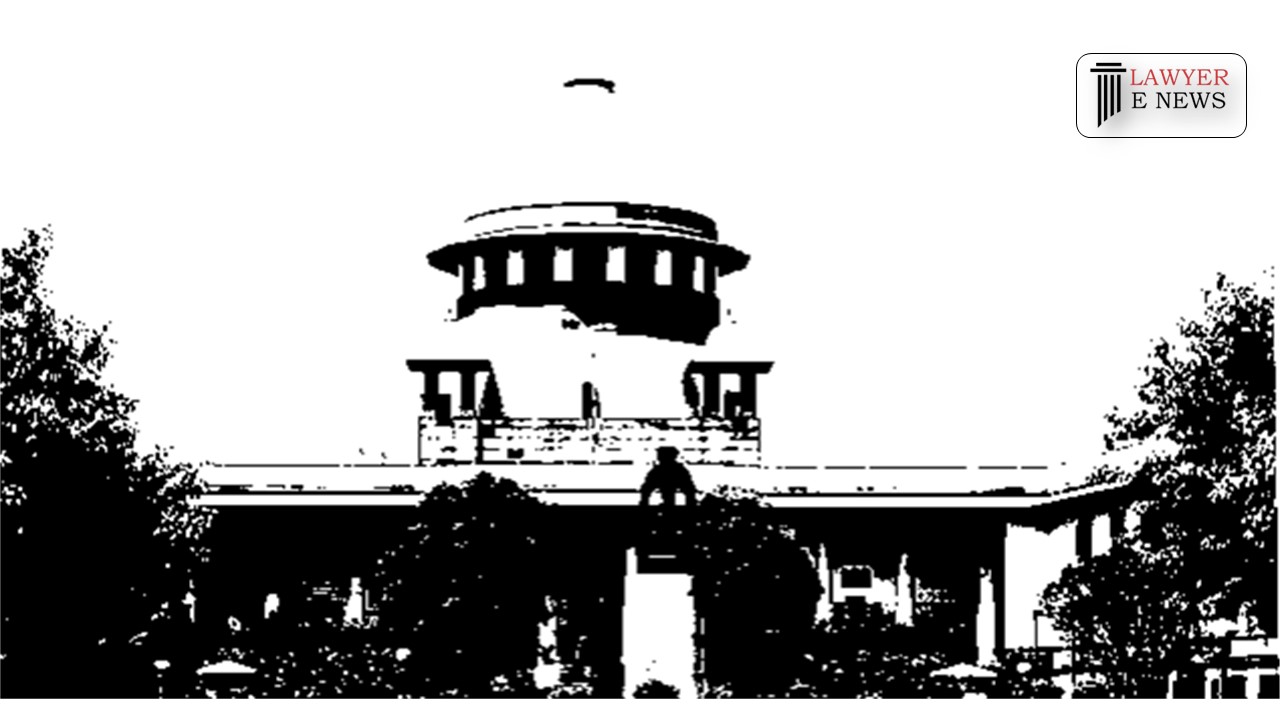-
by Admin
15 February 2026 5:01 PM



The Supreme Court ruled in favor of Pernod Ricard India (P) Ltd., setting a precedent on the application of penal provisions under the Madhya Pradesh Foreign Liquor Rules. Justices Pamidighantam Sri Narasimha and Aravind Kumar concluded that the penalties for liquor losses exceeding permissible limits during the 2009-10 license period should be assessed under the amended Rule 19, which was introduced in 2011 and imposes lighter penalties than the previous version.
Legal Point: The crux of the legal debate was whether to apply the penalty provision that was in effect at the time of the violation during 2009-10 or the provision that was introduced subsequently in 2011, which prescribes lower penalties. The Supreme Court has determined that the amended rule should apply retrospectively to pending proceedings.
Facts and Issues: Pernod Ricard, operating under the M.P. Excise Act, was initially penalized based on the old Rule 19, which stipulated a penalty of up to four times the maximum duty payable on the excess losses of liquor. This rule was amended in March 2011, reducing the penalty to not exceed the actual duty payable. However, the excise authorities pursued the higher penalties under the previous rule, prompting the appeal to the Supreme Court.
Interpretation of Substituted vs. Superseded Rules: The Supreme Court differentiated between 'substitution' and 'supersession', clarifying that substitution entails the repeal and replacement of an old rule, which should inherently have retrospective effect unless explicitly stated otherwise.
Retrospective Application of Penal Provisions: Contrary to the High Court's opinion that penal laws cannot be retrospective, the Supreme Court emphasized that applying the substituted Rule 19 to past violations does not confer it retrospective effect since the demand for the penalty was raised post-amendment.
Objective of the Amendment: Emphasizing the legislative intent, the Court highlighted that the amendment aimed to adjust the severity of penalties to better reflect the offenses, aligning with a more balanced approach to crime and punishment.
Decision: The Supreme Court allowed Pernod Ricard's appeal, overturning the High Court's judgment, and decreed that penalties for the 2009-2010 license period should be calculated based on the lighter penalties specified in the substituted Rule 19 effective from 2011.
Date of Decision: April 19, 2024
Pernod Ricard India (P) Ltd. vs. The State of Madhya Pradesh & Ors.
